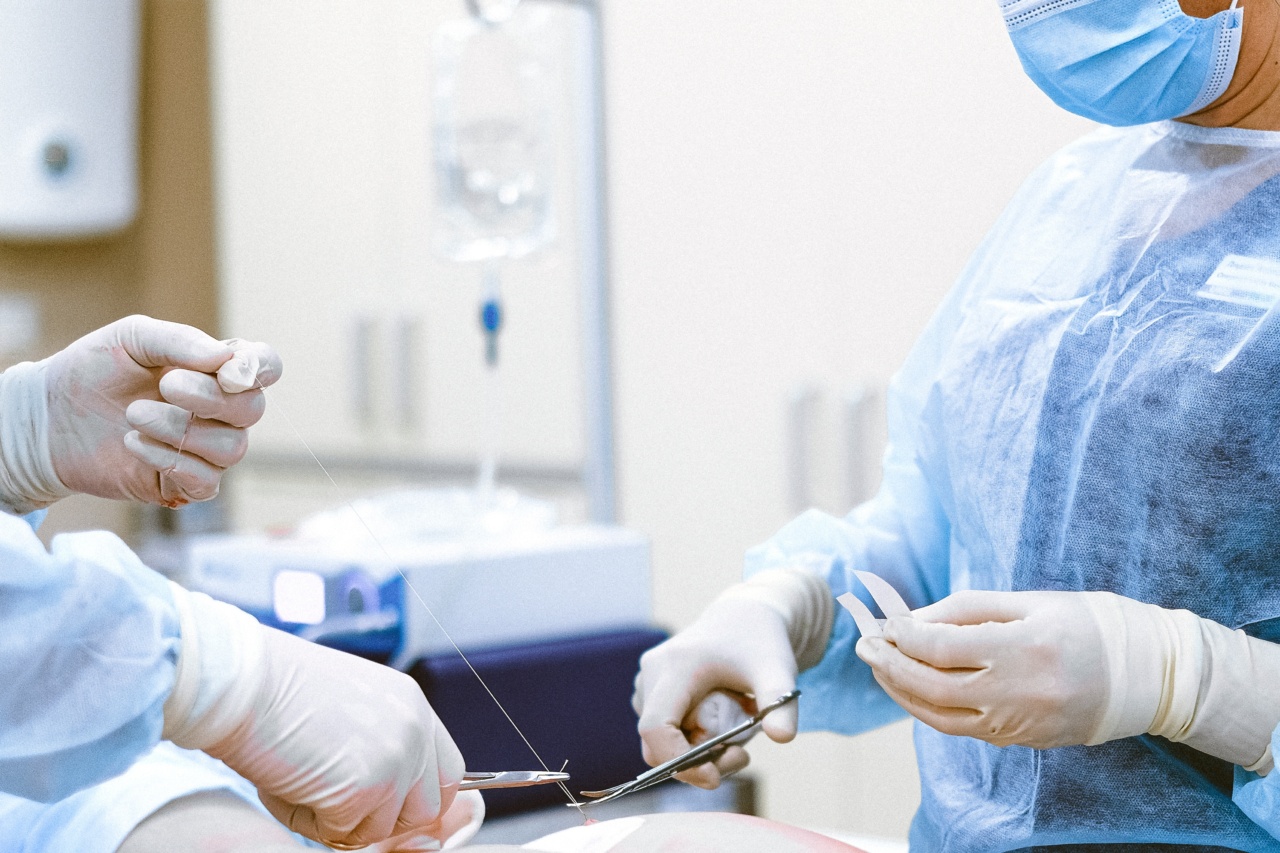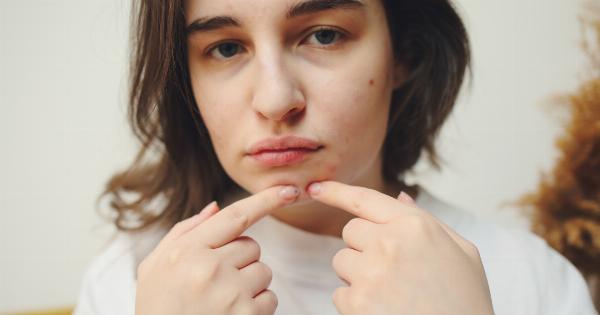Acne is an incredibly common skin condition that can cause significant distress and discomfort. It can affect people of all ages and can have a variety of causes, including hormonal imbalances, stress, and poor diet.
Fortunately, there are many ways to treat and prevent acne, and the advice of experts can be incredibly helpful in this regard. In this article, we will discuss the strategies recommended by four acne experts, each of whom has a unique perspective on this common condition.
Expert 1: The Dermatologist
According to Dr. John Smith, a board-certified dermatologist, the key to preventing acne is to keep the skin clean and free of excess oil. This can be accomplished through regular washing with a gentle cleanser, such as Cetaphil or Neutrogena.
He also recommends avoiding heavy makeup and oily products, as these can clog pores and lead to breakouts.
For those who already have acne, Dr. Smith recommends topical treatments such as benzoyl peroxide and retinoids, which can be purchased over-the-counter or prescribed by a dermatologist.
In more severe cases, oral antibiotics or other prescription medications may be necessary. Dr. Smith also emphasizes the importance of not picking or squeezing pimples, as this can lead to scarring and further inflammation.
Expert 2: The Nutritionist
A healthy diet can play a significant role in preventing and treating acne, according to certified nutritionist Jane Doe.
She recommends reducing intake of refined sugars and carbohydrates, as these can increase inflammation and trigger hormonal imbalances. Instead, she advises patients to focus on whole, nutrient-dense foods such as fruits, vegetables, lean proteins, and healthy fats.
Ms. Doe also recommends supplements such as zinc, vitamin A, and omega-3 fatty acids, which have been shown to promote healthy skin and reduce inflammation.
Drinking plenty of water and reducing caffeine and alcohol intake can also be helpful in preventing acne.
Expert 3: The Aesthetician
Proper skincare techniques can be incredibly helpful in preventing and treating acne, according to licensed aesthetician Sarah Johnson. She recommends using non-comedogenic products that do not clog pores, such as those from the brand Dermalogica.
She also advises against using abrasive scrubs or harsh chemicals, which can damage the skin and exacerbate acne.
To treat existing acne, Ms. Johnson suggests scheduling regular facials to exfoliate and unclog pores. This can include treatments such as chemical peels or microdermabrasion, which can be performed by a licensed aesthetician or dermatologist.
She also recommends using a quality sunscreen to protect the skin from further damage.
Expert 4: The Therapist
Finally, it is essential to address the emotional component of acne, according to licensed therapist Emily Davis.
She notes that acne can have a significant impact on self-esteem and mental health, and encourages patients to seek counseling or support if needed. She recommends self-care practices such as meditation, exercise, and journaling to reduce stress and anxiety.
Ms. Davis also stresses the importance of self-compassion and reducing negative self-talk. This can include reframing negative thoughts, practicing gratitude, and engaging in activities that bring joy and fulfillment.
Conclusion
While acne can be a challenging and frustrating condition, there are many strategies that can be employed to prevent and treat it.
By utilizing the advice of experts, including dermatologists, nutritionists, aestheticians, and therapists, patients can take a comprehensive approach to addressing their acne. With time and patience, it is possible to eliminate acne and achieve healthy, glowing skin.





























